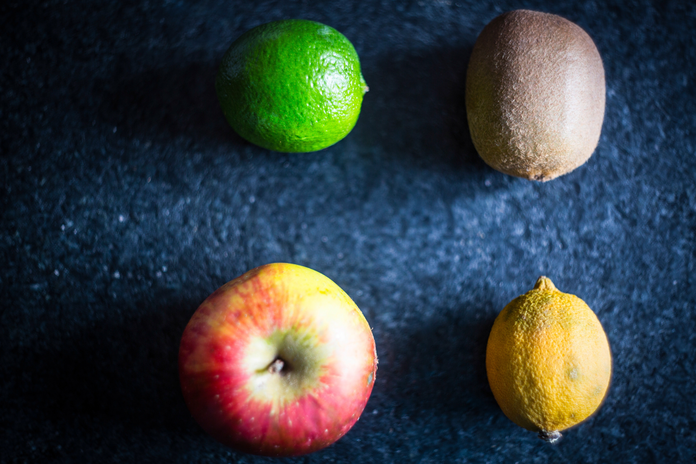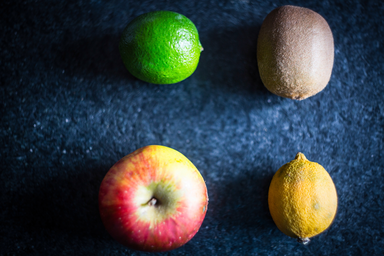We like to believe that every sweet treat we taste is made with love.
When, and if, we learn that to be true, it makes our indulgence all the more worthwhile. For Collette Divitto, this mission is at the heart of her work. Since 2011, Divitto, a woman born with Down Syndrome, has been perfecting her craft of baking scrumptious and highly-praised cookies. Her nonprofit, Collettey’s Inc., also known as “Collettey’s Cookies,” has gained popularity in the Boston area since the company started working within the community and selling its desserts.
When Divitto was 22 years old and had graduated from Clemson University’s LIFE program, she knew her passion was in baking and began applying to jobs just as any other adult her age would. What she found, unfortunately, was that company after company and organization after organization would reject her. Employers would say that she was nice enough, but “not the right fit.” For Divitto, this translated to rejection based on her status as a woman with Down Syndrome. “It’s very upsetting to me,” she’s said. “It’s very hard to find a paying job for people like me who have special needs.”
More determined than ever to prove her critics wrong, Divitto set to work making her dreams come true. With the help of her sister and mother, she began her own business selling cookies to her first customers: Boston grocery store, Golden Goose Market. Launching her own website, making business cards, and learning to take invoices were all a part of the process. She began by making 100 cookies per week for the Market, but soon enough, the demand grew beyond expectation. Thanks to a story covered by CBS News, orders started filling in from around the country. She’s gained over 37.6 million views on Facebook and over 160,000 cookies have been ordered.
Not only has Divitto’s signature “Amazing Cookie” been shared to the delight of thousands of customers, but the entrepreneur has also committed to hiring and creating jobs for people with disabilities. Her mother, Rosemary Alfredo, shared the inspiring words she told her daughter. “I never raised her looking at her as if she had limitations. I just said, ‘We all have them. We all have things we’re good at, and we all have things we’re not good at.’ You can call them disabilities. We all have strengths and we all have weaknesses. We don’t focus on that.”
Divitto’s message to others looking to pursue their dreams has always been the same. “Do not give up,” she proudly says. “Live [your] dreams and keep on doing what you have to do.”


